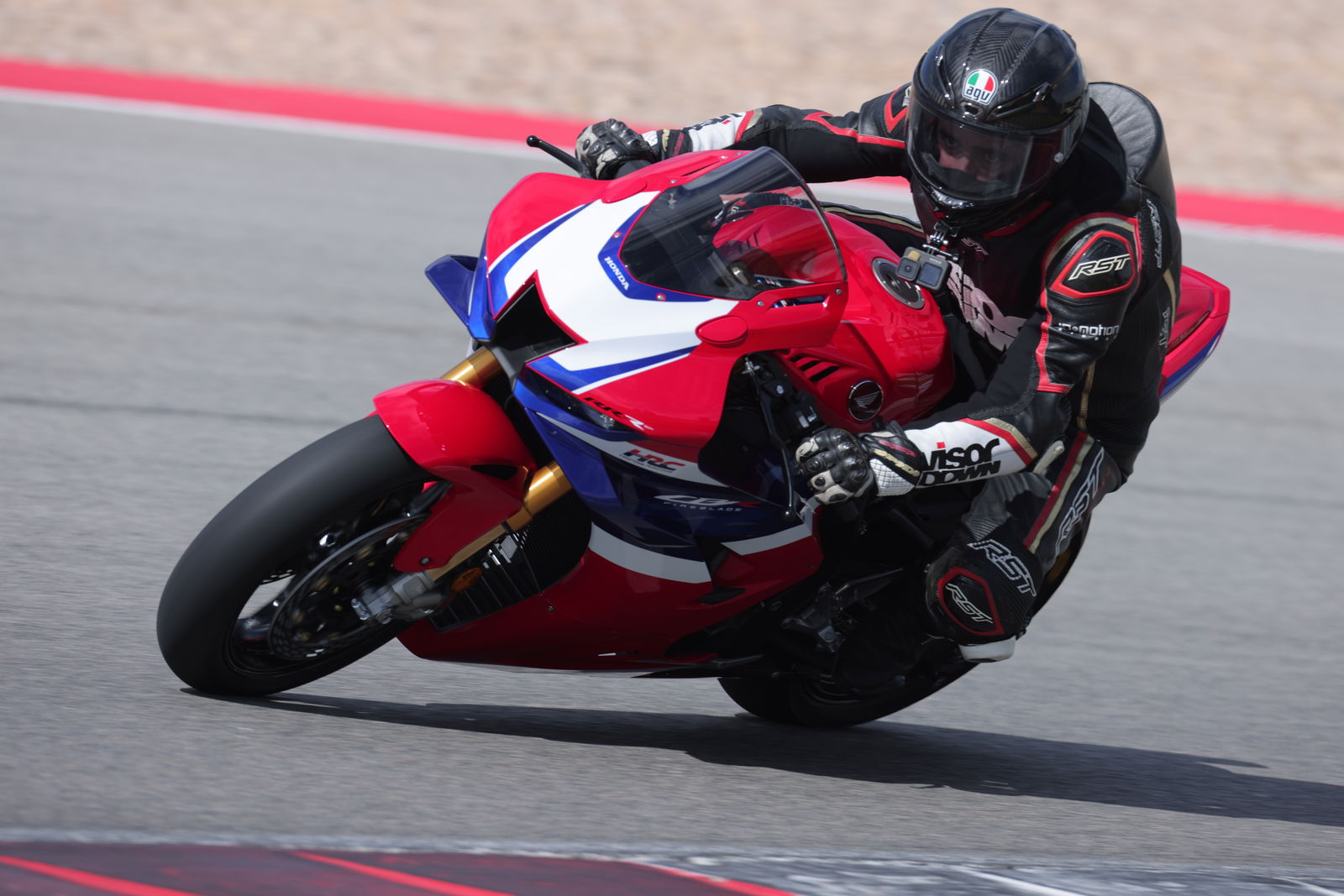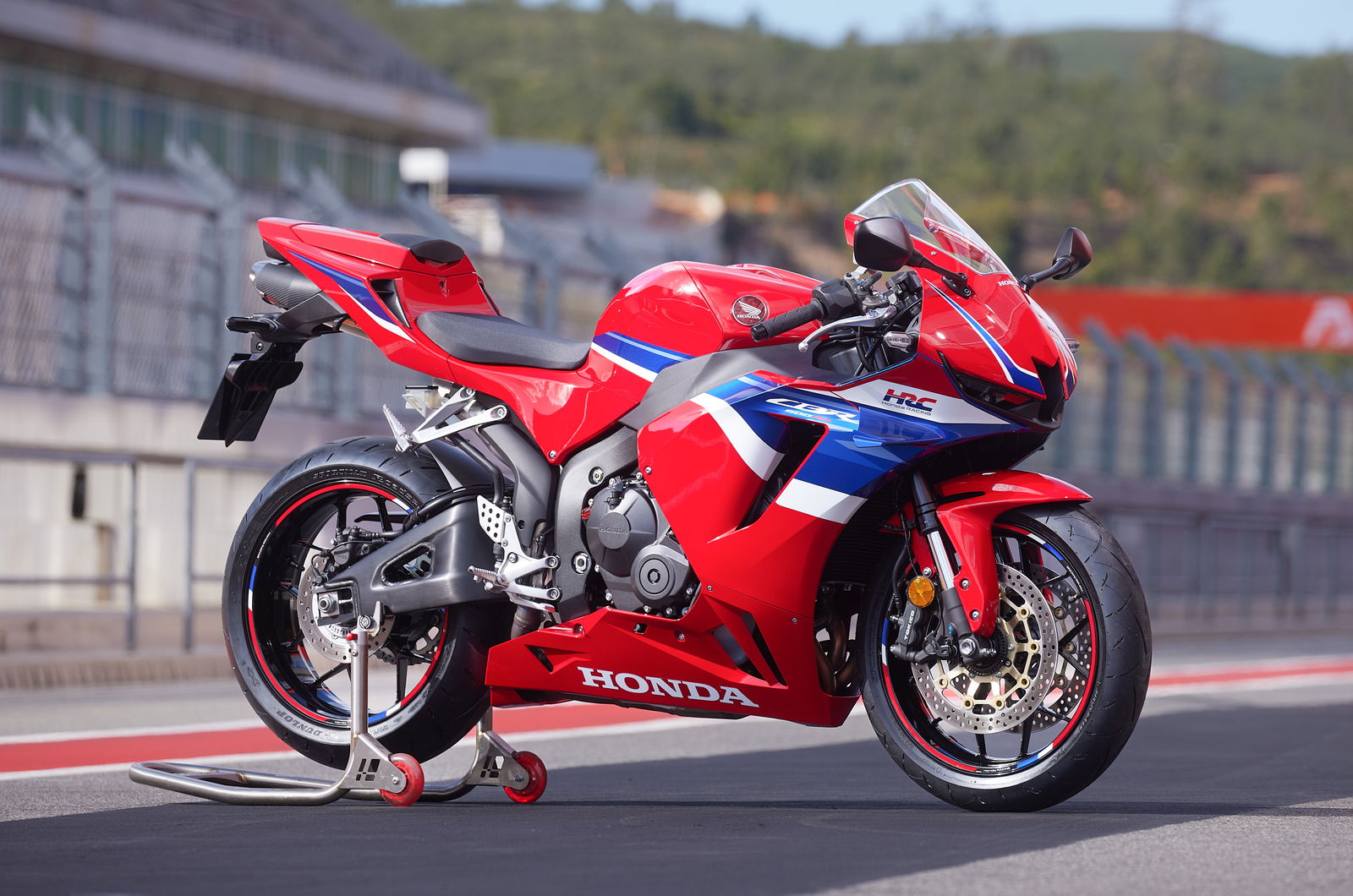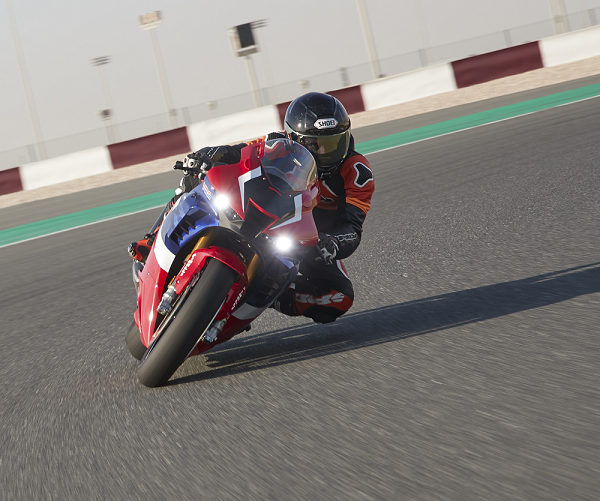Honda to Supply Yamaha as an OEM
It’s the result of a journey that began way back in 2016, but Honda and Yamaha are now to begin working together to get more small-capacity electric bikes on the road

The news was confirmed today, with both manufacturers releasing an identical press release at the same time. In it they confirm that Honda will begin to supply Yamaha with electric bike platforms based on the already available EM1 e: and BENLY e: I Class 1 electric bikes.
In the Japanese motorcycle industry, Class 1 bikes are small, lightweight machines, primarily used in urban environments. In the electric sector, they specifically refer to bikes that are equivalent to a 50cc moped, or with an electric motor producing 0.60 kW (around 1bhp) or less - the power at the wheel may be higher than this thanks to gearing.
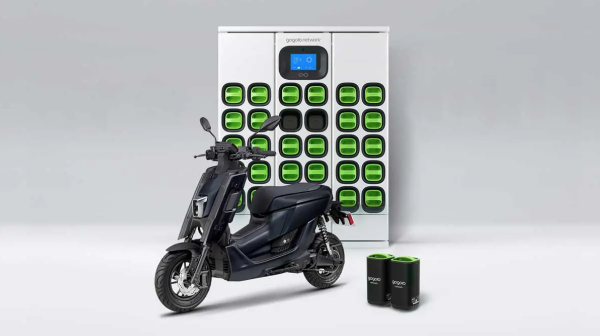
You may also want to check out our best electric motorcycles article here
The news follows on from the 2017 announcement that the Japanese ‘Big Four’ (Honda, Kawasaki, Suzuki and Yamaha) established the Swappable Battery Consortium for Electric Motorcycles. This working group was devised to allow the Japanese motorcycle industry to better work together and develop a common type of battery for small and medium electric bikes and other lightweight vehicles.
The Honda EM1 e: was only launched last May and has a peak power of 2.2bhp, and tips the scales at 95kg (including the battery). It has a range of 30 miles and takes six hours to fully recharge. The BENLY e: I has been around for slightly longer, first getting announced in 2019. It has a slightly longer range of 55 miles and a recharge time of around four hours for a full charge. The BENLY e: I is powered by a 3.6bhp motor and weighs in at 125kg.
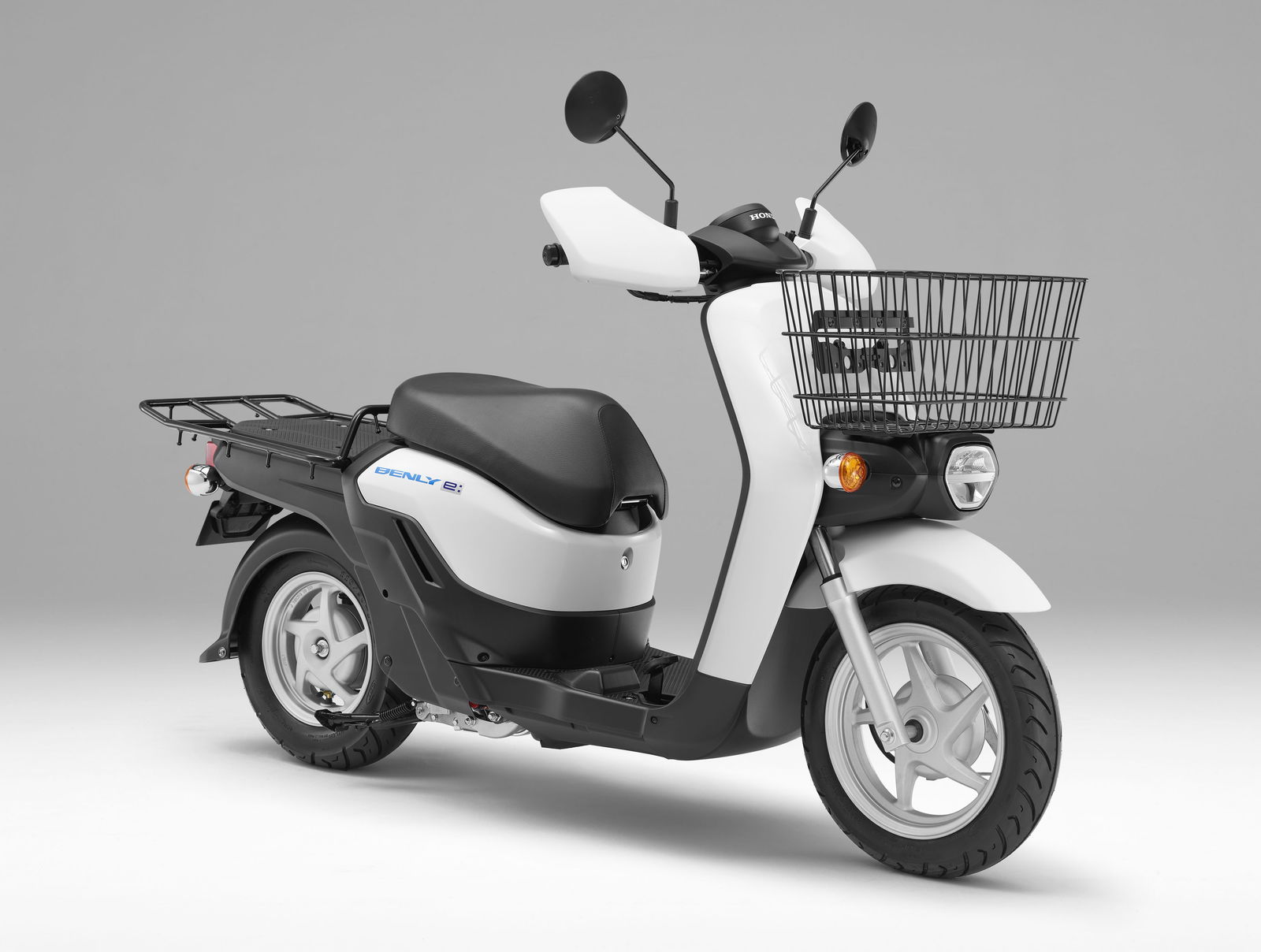
While the EM1 (seen at the top of page) is a sleek looking urban commuter the BENLY e: I is an out-and-out utility bike, primarily aimed at small businesses, delivery and courier riders. How they will look once Yamaha has finished with them remains to be seen, although given that it seems as though much of the Honda platform will be retained in the new bikes, we’d expect them to remain as being one aimed at the general public and one at commercial use.
The press release doesn’t mention when the first bikes from the partnership will be released, although it does confirm that the two giants of the Japanese motorcycle industry will be continuing to work closely with each other, as they both look to take on the “challenges facing electric motorcycles such as range, charging time, performance and cost”.
